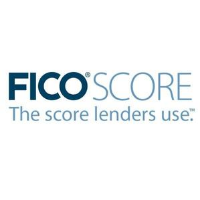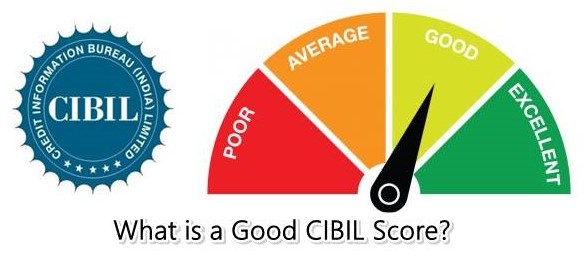What is a Z-Score?
Also known as the Altman Z-score, it is referred to as the numerical measurement that outlines the relationship of a value to the meaning of the values’ group. Z-score can be measured in terms of standard deviations from the mean. For instance, if the z-score is 0, it says that the score of the data point is similar to the mean score. On the contrary, if the z-score is 1.0, it means that the value is one standard deviation from the mean. This score can be in both negative and positive formats.

While the negative indicates it is lesser than the mean, the positive says it is more than the mean. In terms of finance, z-scores get measured as the variability of an observation. Also, traders can use this metric to comprehend market Volatility.
History of Z-Scores
The foundation of Z-scores is a brainchild of Edward Altman – a New York University’s professor. He introduced this formula toward the late 1960s as a solution to time-consuming and complex procedures that investors were using to comprehend how soon a firm will go bankrupt. However, in reality, this score ended up offering the complete financial health of a firm to investors. Throughout the years, Edward consistently re-evaluated the Z-score. From 1969 to 1999, he assessed more than 200 distressed companies. From his observations, he stated the accuracy of the Z-score to be between 82% and 94%.
In 2012, an updated version of this metric was released, known as the Altman Z-Score Plus. This one can be used to assess both the private and public companies operating in varying industries across the world.
Talk to our investment specialist
Understanding Z-Scores
For traders and statisticians, Z-scores help to figure out whether a specific score is atypical or typical for a certain data set. They also bring the possibility for analysts to adapt scores from different data sets so as to make scores that can be easily compared to each other accurately.
In typical words, it is the result of a credit-strength test that assists in gauging the probability of bankruptcy for a company that is publicly traded. This score is based on five essential financial ratios that can be calculated from the financial reports of the company.
To calculate z-scores, the formula used is:
ζ=1.2A+1.4B+3.3C+0.6D+1.0E
Here,
- Zeta(ζ) = The Altman score
- A = Working capital/total assets
- B = Retained earnings/total assets
- C = Earnings Before Interest and taxes (EBIT)/total assets
- D =Market value of equity/book value of total liabilities
- E =Sales/total assets
All efforts have been made to ensure the information provided here is accurate. However, no guarantees are made regarding correctness of data. Please verify with scheme information document before making any investment.












